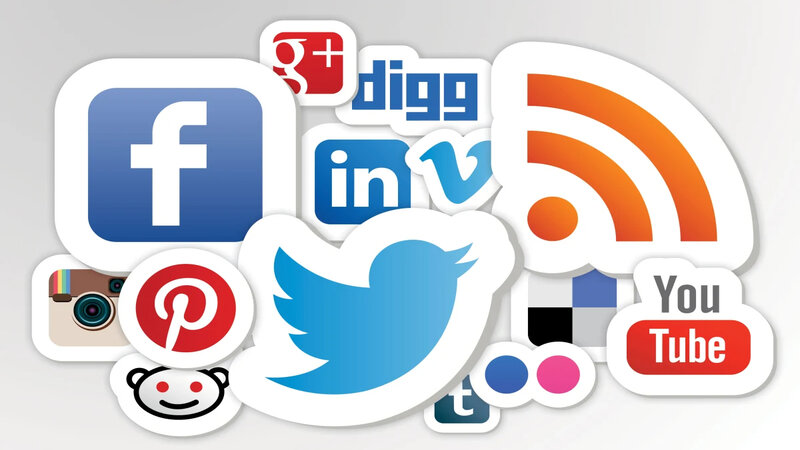
Social media has become an important part of our everyday
lives, allowing us to stay in touch with friends, share our experiences, and
gain access to a variety of information. However, social media's expanding
importance has generated concerns about its impact on our mental health.
While it has clearly provided several benefits, it is
critical to analyse the potential negatives and how we might achieve a healthy
balance.
One of the most serious worries about social media's impact
on mental health is its link to increasing feelings of loneliness and
isolation. Excessive usage of social media sites can result in a distorted
perspective of reality, as users frequently compare their lives to well crafted
posts from others. This can lead to emotions of inadequacy and a sense of
missing out, which is popularly referred to as FOMO (Fear of Missing Out).
Furthermore, social media can exacerbate mental health
concerns including anxiety and despair. Constant exposure to idealised
representations of other people's life can lead to unreasonable expectations
and place undue pressure on individuals to perform. Cyberbullying, online
harassment, and trolling are other serious issues with serious psychological
implications.
Furthermore, the addictive aspect of social media might have
a harmful impact on mental health. The ongoing demand for validation via likes,
comments, and follows can result in a dopamine-driven cycle in which people
grow hooked on the platform for a sense of self-worth. This addiction can lead
to decreased productivity, disrupted sleep patterns, and elevated stress
levels.
Despite these reservations, it is critical to recognise that
social media may be a source of support and community for people dealing with
mental health issues. Many internet platforms provide areas for people to
discover understanding, share their stories, and have access to tools and
information. Social media can develop a sense of belonging and facilitate
interactions that would not otherwise be available.
Individuals must adopt appropriate usage practises to
mitigate the potential detrimental influence of social media on mental health.
This involves limiting screen time, actively participating in activities that
enhance well-being, and being aware of the feelings elicited by social media
connections.
Furthermore, encouraging digital literacy and educating
users on responsible online behaviour can contribute to a more positive social
media environment.
To summarise, while social media has undeniably transformed
the way we communicate and share information, its impact on mental health
cannot be underestimated. Constant exposure to manicured lifestyles, the
possibility of cyberbullying, and the addictive nature of these platforms can all
have a negative impact on our health.
We may, however, navigate social media in a way that
supports mental health and well-being with deliberate effort and ethical use.